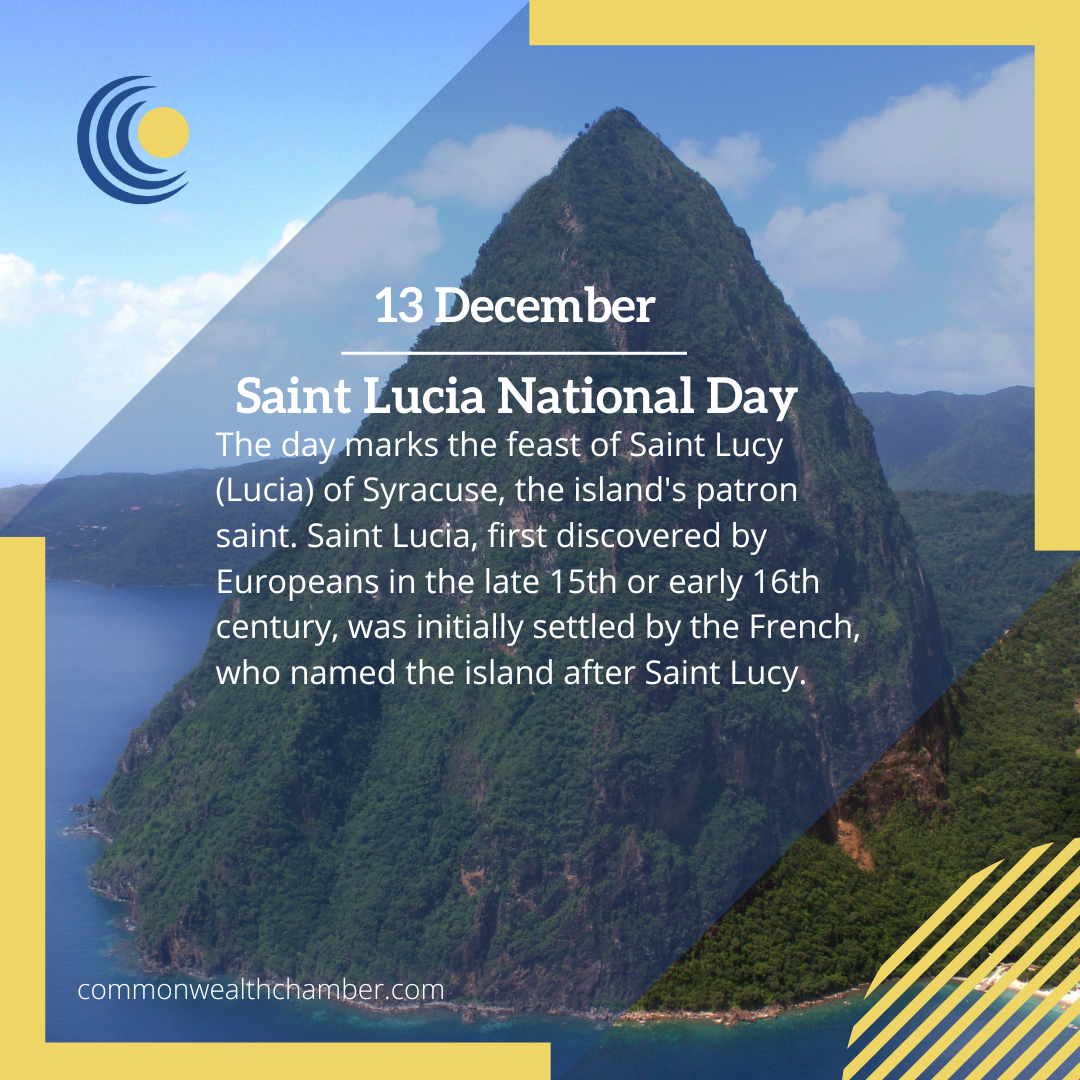Saint Lucy, a young Christian martyr, perished during the Diocletianic Persecution in 304 AD. Her story of faith and sacrifice has inspired millions across centuries. According to legend, an angelic visitation led to Lucy’s conversion to Christianity. She devoted her life to aiding the poor, distributing her family’s wealth. Her betrothed, from a pagan family, reported her charitable acts to Roman authorities. Lucy’s unwavering refusal to honour Roman gods resulted in her martyrdom.
By the 6th century, Saint Lucy’s veneration had spread widely across Europe, including England, France, and Scandinavia. Her Latin name, rooted in ‘lux’ meaning light, connects her feast day to the Winter Solstice in the Julian calendar—symbolising the arrival of light on the year’s longest night. In Saint Lucia, the National Festival of Lights and Renewal commences on the eve of Saint Lucy’s day, heralding the Christmas season. The capital, Castries, transforms with decorative illuminations, while local artisans compete to craft the most impressive lanterns. A dazzling fireworks display marks the festival’s grand finale.
